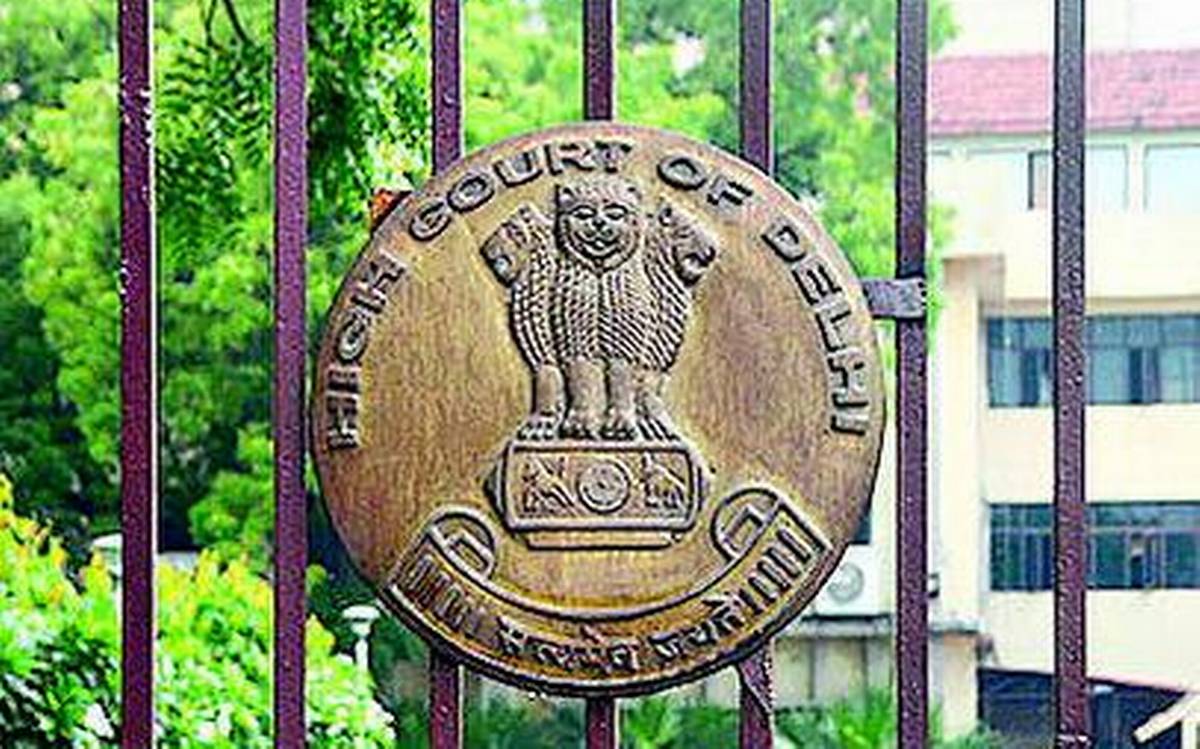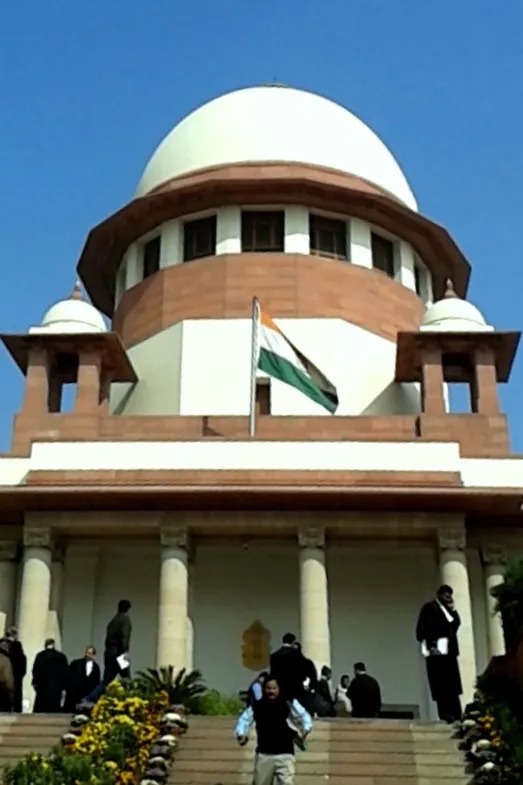Dilip Kumar Seth, J.@mdashThe Petitioner obtained a scholarship. He was granted extraordinary leave for higher studies in terms of the Rule 175(2)(iii). He had also executed a bond in terms of Sub-rule (3)(a). After the scholarship, he came back and joined the government college. However, before completing three years after return, he got a better opportunity in the University of Calcutta. Ten months after his return, he resigned and joined Calcutta University. In consideration of his resignation, he had deposited a sum of Rs. 60,000.00 (Rupees sixty thousand only) in terms of the Bond executed by him. Now the Petitioner had challenged the very execution of the Bond and forfeiture of the said sum of Rs. 60,000.00 on various grounds.
2. Learned Counsel for the Petitioner contends that Rule 175 Sub-rule 3(a) is ultra vires to the Constitution since it affects his fundamental right to carry on his profession. Inasmuch as, it provides a compulsion on a candidate, though the society in general would benefit. He then contends that such compulsion is, in fact, under duress without which he would not have been allowed to opt for scholarship and, therefore, the same would not bind him. He then contends that even if Sub-rule 3(a) is applied, it is only the amount of expenditure incurred that can be recovered from the Petitioner. Pointing out from a certificate, he submits that the Petitioner did not draw anything during the period of leave. As such, no amount of expenditure was incurred during such leave by the Government or any agency, as the case may be. Therefore, no amount could be recovered from the Petitioner. Thus, the execution of the Bond is illegal and the forfeiture of the said sum of Rs. 60,000.00 cannot be sustained and the Petitioner is entitled to refund thereof.
3. Mr. S. Dasgupta, learned Counsel for the Respondents, on the other hand, contends that the Petitioner was a government servant when he got the scholarship and he was granted extraordinary leave as the government servant and came back and joined as government servant and continued to be so till he had resigned. The deposit of the sum of Rs. 60,000.00 was a condition to release him. Therefore, it was a prelude to the resignation, which remains within the scope and ambit of the conditions of service in the employment of the government. Therefore, this will be governed by the State Administrative Tribunals Act, under which it is the Tribunal constituted thereunder, has the exclusive jurisdiction in respect of the subject matter and this Court ceased to have any jurisdiction with respect thereto. Therefore, the writ petition is not maintainable. He had, however, contended that the actual amount of expense incurred by the Government during such leave has not been qualified. Therefore, in case any person is engaged to carry on the job during the period when the Petitioner was on leave also an expenditure incurred which comes within the expression used in Sub-rule 3(a). He further contends that the Petitioner had himself executed the Bond. Once a bond is executed, the same cannot be challenged subsequently, particularly, after having reaped the benefit of the entire process and enriching himself. The Petitioner having executed the bond and acted upon the same, and having refunded the amount, it is no more open to him to turn round and question the validity thereof. He, however, contends that there is nothing, which can hit Sub-rule 3(a) so as to make it ultra vires to Article 14 of otherwise or any other provision or Article 19(1)(g) of the Constitution of India. Therefore, this writ petition should be dismissed.
4. After having heard the learned Counsel for the parties, it does not appear that any ground is made out in order to assail the constitutionality of Rule 175(3)(a) of the West Bengal Service Rules Part. I. It is an opportunity made available to an employee by granting extraordinary leave, which is not due to him, in order to enable him to pursue his studies, securing the employment. The provision contained therein is an enabling . provision allowing the person to get certain benefits, while in service without loosing his job, keeping his employment secured. He can avail of the situation and come back and join. Such an opportunity is hot without consideration. One of the considerations was that after enriching him by higher studies, he will serve the employer. However, the employer has limited the period to three years. It cannot be said to be unreasonable. The provision contained in Rule 175 being granted upon certain considerations and the Petitioner having availed of the same, he cannot now question the same on the ground that the Bond cannot be executed though the vires of the provision cannot be challenged. It does not affect the fundamental right or otherwise or right to carry on profession in any manner whatsoever. Inasmuch as, it enables an employee to obtain professional qualification and get better benefit in future and in fact the Petitioner had availed of the same and got better benefits.
5. So far as the question that the Petitioner had executed a Bond under duress on compulsion as contended by the learned Counsel for the Petitioner seems to be of no substance. He has voluntarily executed the same. It had nothing to do with compulsion. He has executed the same keeping his eyes open. It was a voluntary action. That too on the basis of certain considerations. The Petitioner''s consideration was to avail of an opportunity of higher studies without resigning from service and keeping his employment secured. The Government''s consideration was to enable the Petitioner to enrich himself so as to serve the Government better. The Government allowed the time for three years. Therefore, it was not a unilateral action on the part of the Government to compel the Petitioner to do something without any consideration or benefit towards the Petitioner. The Government rule does not provide for absenting oneself for a longer period than the period of leave. When leaves are not due, extraordinary leave is granted on certain conditions. Such conditions are governed by certain Rules. The Rules having been held to be reasonable and intra vires.
6. The Petitioner having availed of this opportunity and reaped the benefit, now he cannot turn round and contend that the provisions of the Rules are bad or that the execution of Bond was illegal. In Arun Kumar Shukla v. Chancellor, Allahabad University 1984 (1) UPLBEC 477 and
7. Thus, it appears that the Petitioner cannot get any benefit out of this writ petition.
8. Since on merit, I have so held on the question of vires or otherwise, it is not necessary to go into the question of maintainability of this writ petition at this stage. This writ petition is, thus, dismissed.
9. There will be no order as to costs.
10. Urgent Xerox certified copy of this order, if applied for, be supplied within 7 days.

